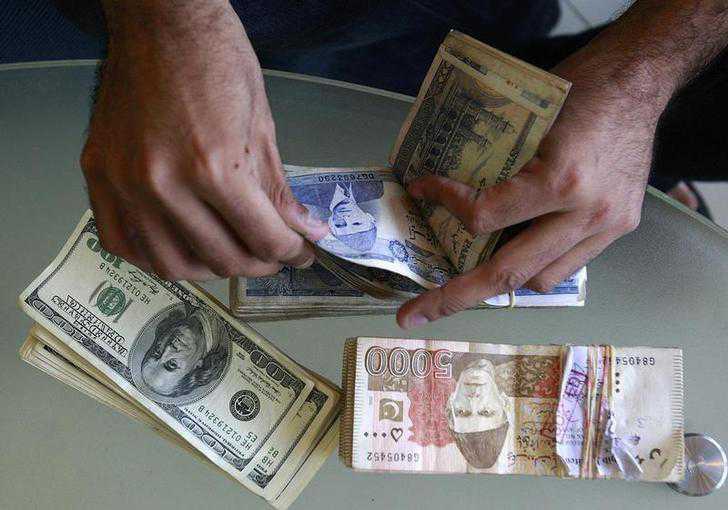Learn from Bangladesh and Estonia

Image collected
The current Pakistani government recently acquired loans and economic assistance from friendly states including Saudi Arabia, the UAE, Qatar, and China, as well as from the IMF in order to support the economy. It is now imperative for the present regime and policymakers to mend the economy to attain long-term stability. For this, the economic policies of like states –particularly Egypt, Bangladesh, and Estonia – should be examined in order to adopt appropriate policies of these states and shun the inept ones.
The present economic policy trajectory of Pakistan is in line with Egypt’s. Even though Egypt was labeled as “one of the hottest evolving markets” by financial experts and was believed to be stabilising, critics have identified several loopholes in its ostensible macroeconomic growth. According to a World Bank report, more than 60% of Egypt’s population is either poor or vulnerable, and living standards are dwindling due to the depreciation of the Egyptian pound (Egypt free floated its pound like Pakistan, according to IMF instructions) and resulting inflation of basic commodities.
Sisi’s regime effectively preserved the macroeconomic stability by spending hefty funds, acquired through loans from friendly Middle Eastern countries and the IMF, on giant infrastructural projects including the development of a new capital next to Cairo. Conversely, menial amounts were allocated for health, education, and human development. The professed macroeconomic stability has been achieved through loans with high interest rates, while the government lacks a policy to achieve microeconomic steadiness to alleviate poverty and manage long-term economic prosperity.
If Sisi keeps pursuing the existing economic policies, Egypt will soon be bankrupt, which will lead to a state failure. The present Pakistani regime is following Egypt’s footsteps. Unfortunately, it seems to be naïve regarding the consequences of the very model.
Instead Pakistan should follow two other models of real-time economic prosperity pursued by Bangladesh and Estonia for long-term economic growth. Estonia seceded from the USSR in 1991 and inherited a poor infrastructure and fragile economy. Since then, different regimes pursued micro-level economic initiatives. Soon, Estonia was digital — every school contained computers since early 2000. Students learned programming from the third grade, and 99% of the public services are online.
E-health, e-school, e-voting and e-residency systems have been established to persuade global investors. Due to these initiatives, Estonia turned into a technological hub for private companies and this sector became a major portion of the GDP. Hence, it is not surprising that while Pakistan struggled to acquire a $6 billion loan from the IMF; Skype, an Estonian IT startup, was sold to Microsoft for $8.5 billion in 2011. Moreover, Estonia was ranked 6th in economic freedom, 12th for investments, and 30th on the human development index by the Wall Street Journal and World Bank respectively. Hence, it is clear that Pakistan should pursue an Estonian microeconomic model.
Moreover, Bangladesh is also ahead of Pakistan in economic growth and human development. Bangladesh has a faster growing GDP than Pakistan’s and India’s, and a higher per capita income than Pakistan. A major chunk of Bangladesh’s GDP and exports depend on its readymade garment industry while Pakistan’s garment exports are dwindling. Most of Pakistan’s textile and readymade garment industries shifted to Bangladesh due to the former’s inaccurate and the latter’s appropriate micro and macro-level policies. Bangladesh’s economic policies targeted its neediest population, particularly women, through education and healthcare programmes. Ironically, these initiatives are not a priority in the Pakistani incumbent regime’s economic policy. It is time for Pakistan to unlearn Egypt’s model and learn from Estonia’s and Bangladesh’s pertinent economic policies.
Source: https://tribune.com.pk
Tags :
Previous Story
- Pakistan garment makers chase rivals in India and...
- ‘Queen of Folk’ Joan Baez says goodbye to...
- The heroes over the decades
- Bangladesh goes former China to become top rated...
- Seven years on: Abeda Azad lives in the...
- Turkish company acquires 57pc of Singer Bangladesh
- A tale of two economies
- Opening up trade